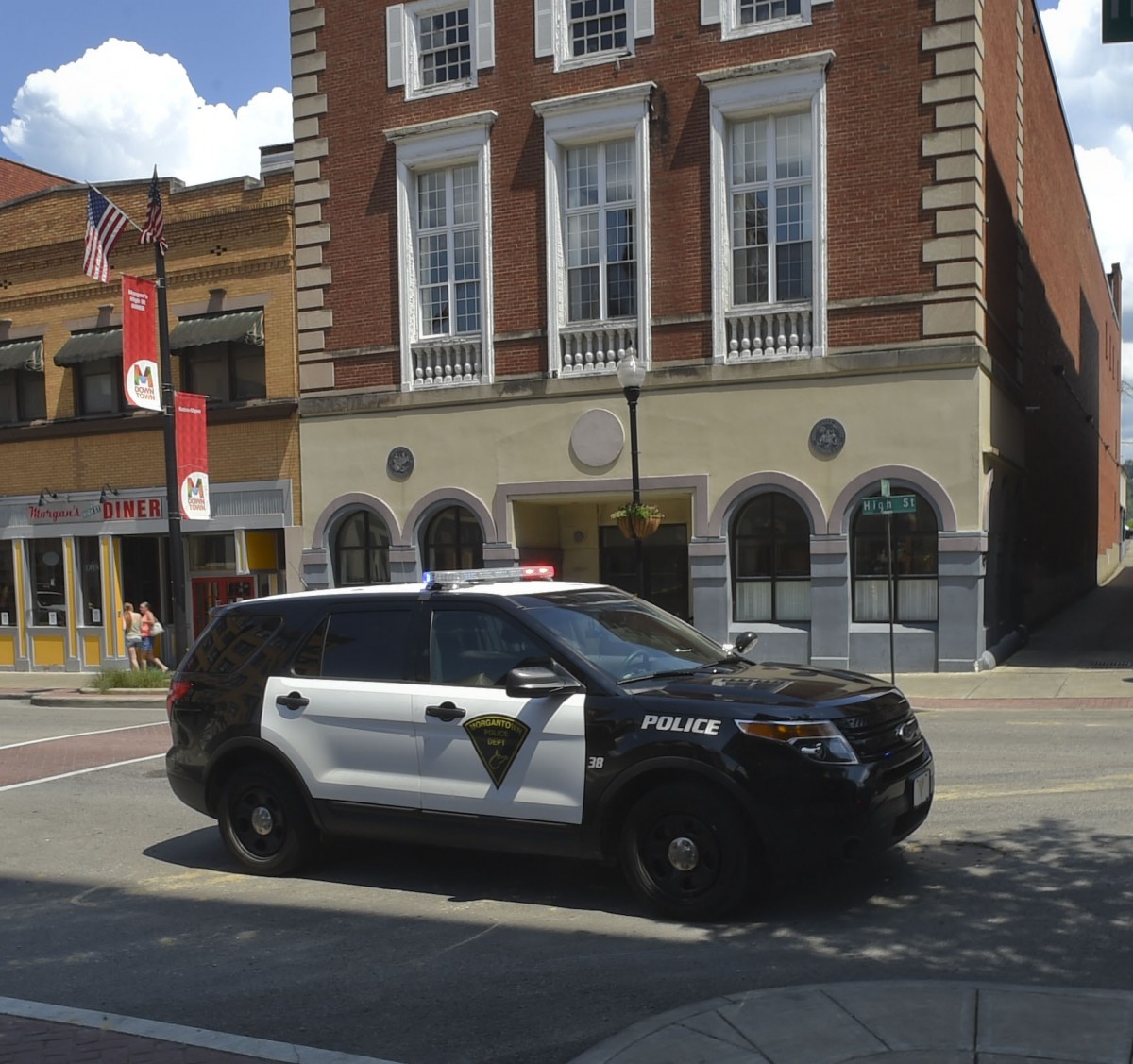MORGANTOWN — More than a dozen city residents have interviewed to be part of the inaugural lineup of Morgantown’s Civilian Police Review and Advisory Board.
But the future of the board remains in flux.
Morgantown Communications Director Andrew Stacy said Monday the city is still waiting on a final order to be entered by Monongalia County Circuit Judge Susan Tucker, who ruled on Dec. 16 that the city’s newly created oversight board was in violation of the state’s civil service law, and therefore invalid.
“There is no update at this time. No final order has been entered by the judge,” Stacy said. “Once that final order has been entered, city administration and city council will determine how to move forward.”
Among the options going forward would be to appeal Tucker’s decision to the Supreme Court of Appeals of West Virginia or, per the severability clause written into the ordinance, remove the portions found to be illegal and enforce the rest.
Work on the board began in earnest nearly two years ago.
Roughly one month after the May 25, 2020, death of George Floyd, Morgantown City Council voted to form a special committee on community policing.
That body, comprised of members of council, city administration, representatives from various organizations and community volunteers, spent more than 10 months crafting the ordinance establishing the civilian oversight board.
The board, as initially proposed, could audit existing MPD policies and procedures and make recommendations; hold public meetings and take input from the public; and receive, review, investigate and potentially hold hearings on civilian complaints.
The committee noted the city has no procedure for citizens to file a complaint against an officer that is independent of the department in question. Members also pointed out that the input of law enforcement, including MPD Chief Eric Powell, was welcomed.
The city was cautioned throughout the process — both by attorney Teresa Toriseva, representing the Mon-Preston Fraternal Order of Police, and West Virginia Attorney General Patrick Morrisey — that it was in danger of running afoul of state law, which establishes the police civil service commission process as the only process through which matters can be addressed that could potentially result in punitive action against an officer.
The special committee responded by removing a number of the issues highlighted as objectionable by Morrisey and Toriseva, including the body’s ability to investigate claims of police misconduct and hold hearings.
Morgantown Council ultimately adopted the ordinance creating the civilian oversight board on May 18, 2021.
The next morning, as promised, Toriseva filed suit on behalf of the FOP Lodge 87, which represents the overwhelming majority of Morgantown’s sworn officers.
Fast-forward seven months to Dec. 16, when Tucker came down on the side of the officers, declaring the city ordinance in violation.
Since then, the city has awaited Tucker’s order.
Stacy noted interviews for the nine board positions are taking place, but no appointments have been made to this point.
Per the ordinance, three members shall come from historically disadvantaged communities that have traditionally experienced disparate policing, or shall be residents of publicly subsidized housing.
Three additional members shall be nominated by organizations that seek racial or social justice on behalf of historically disadvantaged communities, and openings on the board should be filled based on the city’s diversity, equity and inclusion plan.




